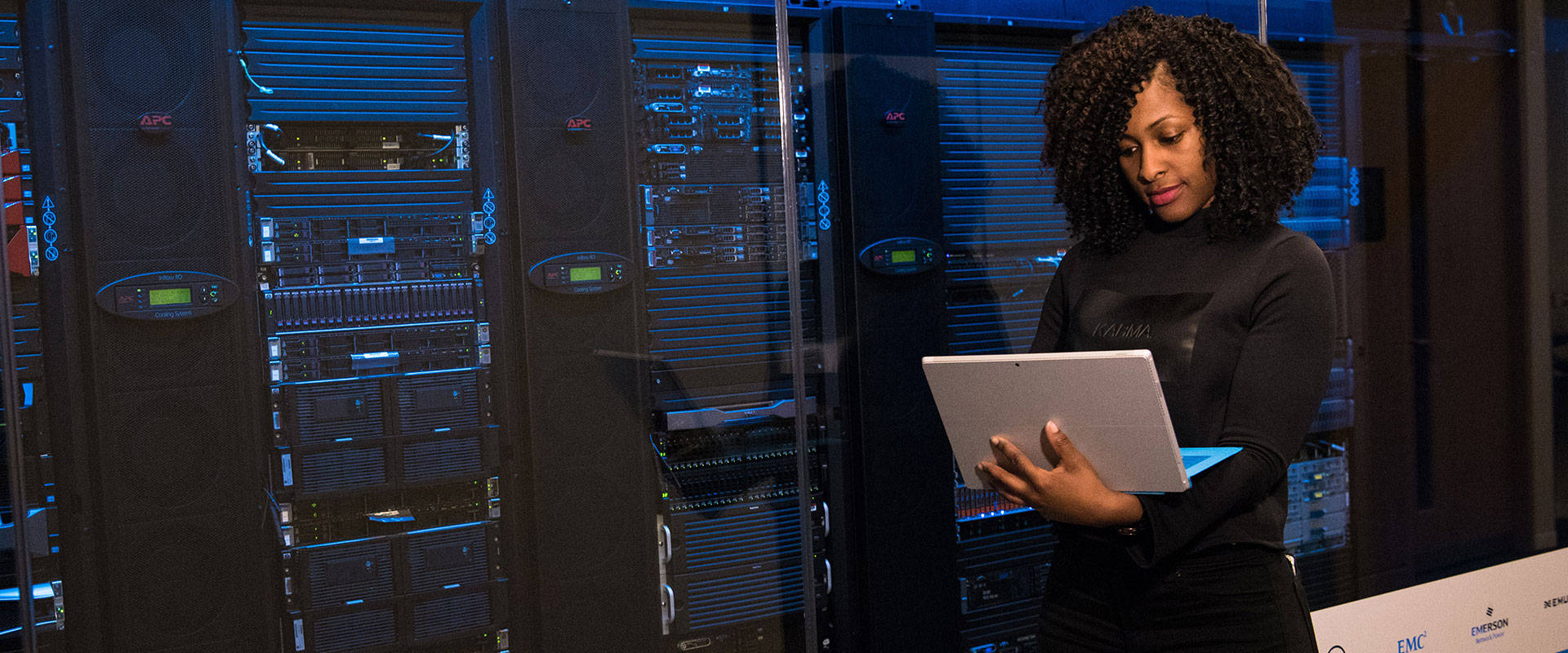With the launch of mobile network’s next generation — 5G technology — we can expect to see increased speed within a new network designed to virtually connect everything (and everyone): devices, machines, and objects.
5G wireless tech will deliver:
- Greater uniform experiences to more users
- High multi-Gbps data speeds
- More reliability and increased availability
- Significantly higher network capacity
- Ultra-low latency
A variety of technologies make up 5G, which is based on orthogonal frequency-division multiplexing (OFDM). ODFM reduces interference by modulating digital signals across several different channels. 5G also uses 5G New Radio (NR) air interference and wider bandwidth tech including mmWave and sub-6 GHz.
5G OFTM uses the same operating principles as 4G LTE but with 5G NR can now deliver a higher degree of scalability and flexibility to provide more people and tools with 5% access for nearly unlimited use cases.
With 5G’s expanded usage of spectrum resources — from sub-3 GHz used in 4G to 100 GHz and more — we’ll see wider bandwidths. Plus 5G has the flexibility to operate in lower bands and mmWave (which contributes to its extreme capacity, low latency, and multi-Gbps throughput).
In addition to delivering better, faster mobile broadband services compared to 4G LTE, 5G will provide a boon for mission-critical comms and facilitate interconnectivity with the Internet of Things (IoT) thanks to a range of new 5G NR air interface design techniques.
But what does this all mean for the real estate sector?
Navigating the 5G Shift
While blistering speeds delivered by 5G can benefit everyone, some CRE industry experts worry that it might cause serious headaches for real estate investors, significantly changing how they buy investment or rental properties. Will this new tech affect investment loans and property financing for those owning equity and managing commercial property? Perhaps.
5G does offer many benefits — the most attractive of which is delivering faster data transfer speeds than any of its predecessors. It’s also best equipped to support a fully networked IoT infrastructure.
However, 5G signals cannot as easily penetrate buildings, and 5G antennae have a smaller range than 4G antennae. So commercial buildings will need more antennae deployed to create an effective network.
What does that change mean for landlords? Well, in the past, commercial tenants typically held responsibility for installing and maintaining their networks and telecommunications equipment. Once 5G antennae become the standard, tenants may expect commercial property investors to install and maintain complex telecom networks.
Other real estate investing may see residual effects, too. But to understand how, a little history lesson is in order. In the early 1900s, once the telephone became an important, necessary tool, homes required the installation of telephonic infrastructure. People had to install lines directly in their homes. Obviously, this upgrade took time, and it meant that homes and other properties outfitted with this equipment held more value than those lacking it.
We could see something similar happen with 5G. It’s more than an iterative improvement over the 1G through 4G networks. More than 50% of all internet traffic is mobile—we’ve entered a new era of communication technology and 5G is going to play a huge role.
As one of the 10 real estate technology trends over the next 10 years, 5G will also potentially impact real estate prices, according to the level of 5G a property offers. CRE properties across all industries, from manufacturing to warehouses and retail to healthcare, will rely on 5G connectivity. Experts predict residential rental properties with 5G technology may also command higher leases. 5G connectivity may also very well affect real estate investment loans, cross-collateral loans and mortgages, and investment property mortgage rates, too.
Currently, it’s hard to predict a property’s 5G connectivity in advance—and it’s likely that people involved in CRE including brokers and agents, as well as landlords, tenants, and investors will need to grow their understanding and expertise in this technology, especially if they’re required to manage communications networks in addition to everything else.
How will businesses use 5G?
Because it’s significantly faster than earlier iterations, 5G stands to enhance operational efficiency and give users much faster access to more information. Depending on the industry, businesses will reap major benefits from 5G, with its high speed, low latency, and greater network capacity.
Smart factories and warehouses, for example, could use 5G to run industrial ethernet and support Industrial Internet of Things (IIoT) to increase their operational productivity and precision. The healthcare industry could rely even more on innovations like robotic aids during surgery or develop and implement ambulance drones. 3D printing could produce more equipment, tools, even prosthetics at lower cost.
Monetizing 5G
The 5G rollout has already begun, with networks coming online across the United States and portions of Europe. Widespread adoption, however, won’t happen for a few more years. But CRE professionals should take advantage of the time available to understand the implications of this new standard.
Those who own, plan to own, or manage CRE should assess the projected strength of 5G networks in areas where their real estate is located. Now is the time to create a plan and timeline for improving connectivity if it’s needed. Some REITs like Crown Castle, for example, have already begun installing 5G antennae in infrastructure investments and various commercial buildings.
If you own property and haven’t conducted or hired someone to conduct an audit of your buildings network/telecom infrastructure, make it a priority this year. If you’re a CRE investor, failing to assess the relationship between 5G and investment strategies could prove a costly mistake, since it offers opportunities to add value such as:
- Generating greater revenues via additional fees and/or higher rents
- Offering enhanced cyber and building security
- Reducing operating costs by supporting, running, and maintaining increasingly sophisticate systems designed to enhance efficiencies
- Supporting additional amenities and technology that improve tenant experiences
In the Deloitte CRE 2020 Outlook, 750 CRE executives indicated that tenants would be more willing to pay a rental premium to lease smart buildings: 43% believing tenants would pay 6-10% premium and 25% believing tenants would pay 11-15% higher rent.
There’s no doubt that 5G has the potential to have a profound effect on the world. If you’re an investor or landlord and ready to take that next step—whether to conduct a building audit or prepare to outfit your buildings with the right infrastructure to support 5G—talk to the professionals at CREA United. This organization comprises a partnership of more than 75 firms involved in all disciplines, including technology, within the commercial real estate industry.

